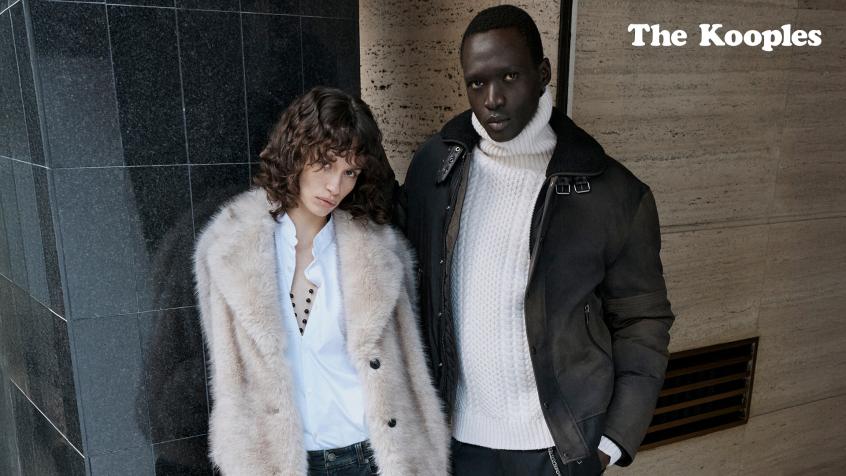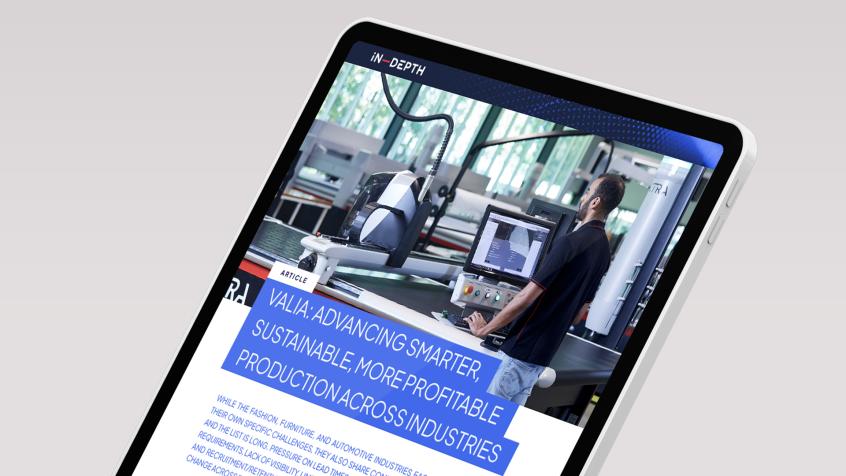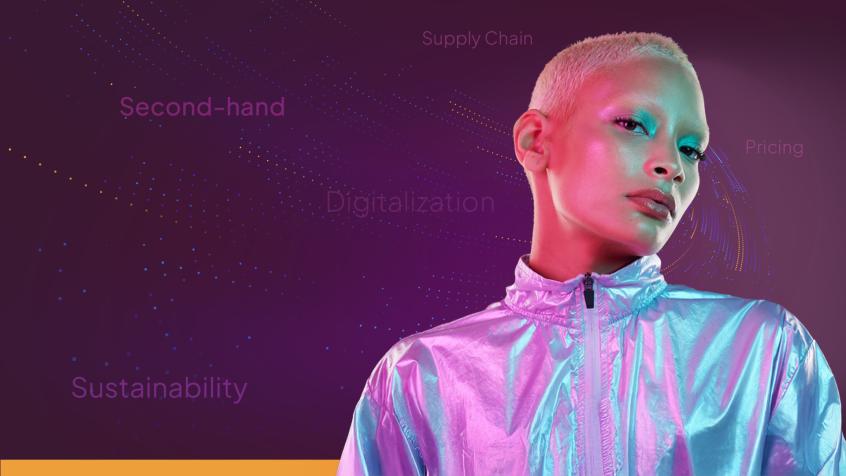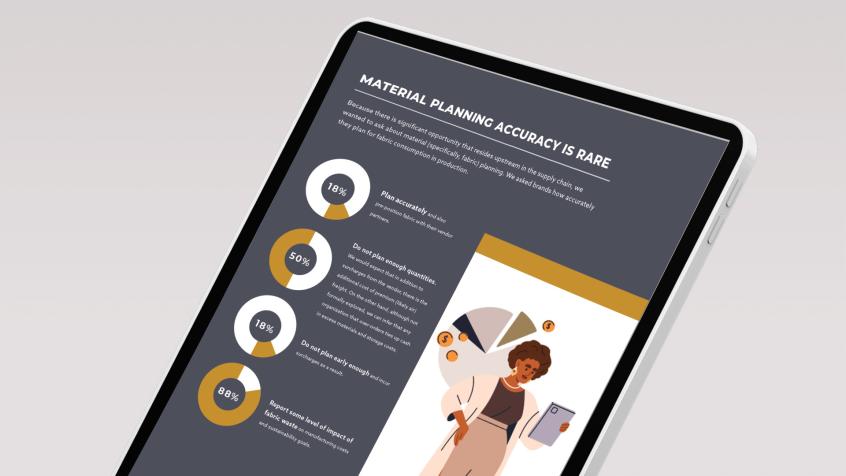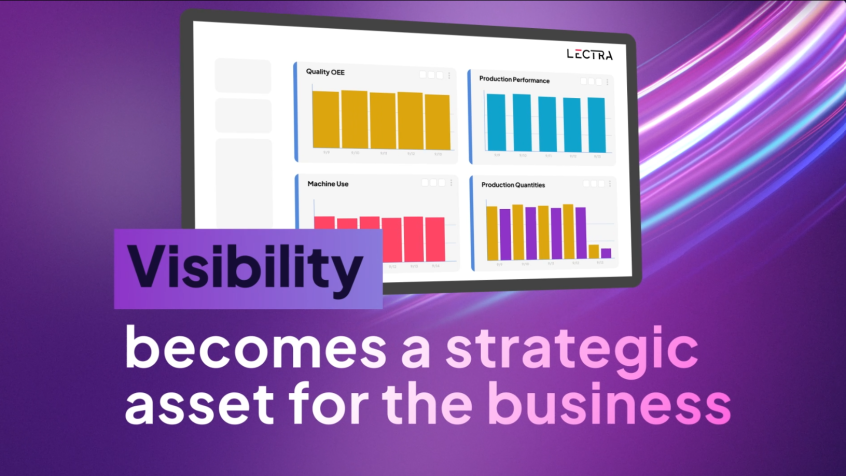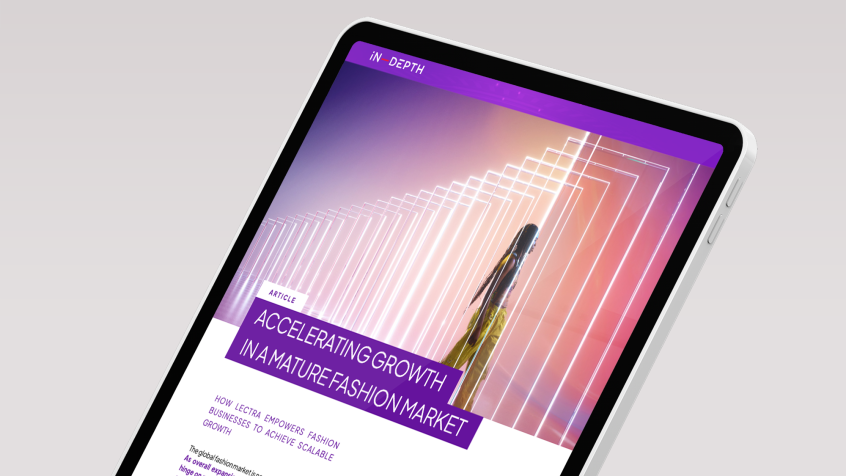Staying Curious podcast episode 001: Sherri Barry, co-founder of FABRIC, owner of The Fashioneer
How the groundbreaking non-profit is enabling digitally native designers to disrupt business as usual
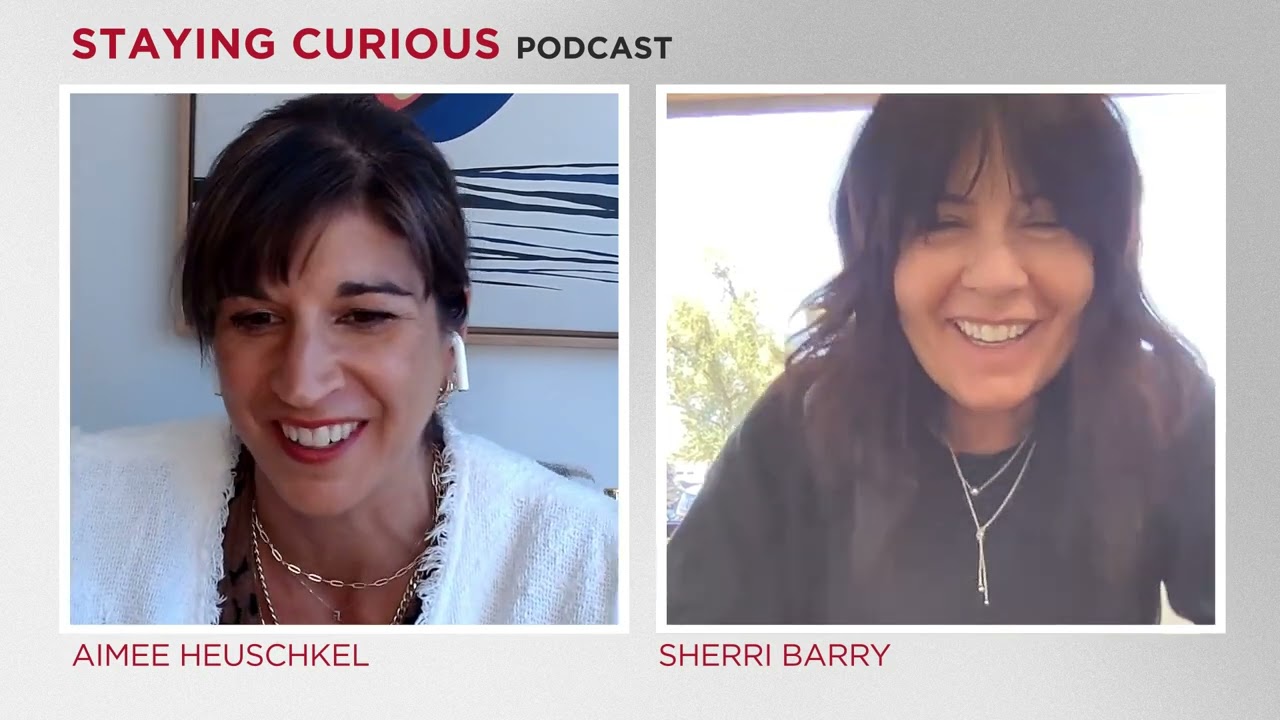
Sherri Barry, co-founder of FABRIC, owner of The Fashioneer
Enable digitally native designers to disrupt business
The fashion industry might not be at the forefront of transformational technologies, but make no mistake! As you’ll find out on this episode of Staying Curious with Aimee Heuschkel, new and more nimble apparel branding and manufacturing options have definitively arrived. Sherri Barry, owner of The Fashioneer and co-founder of FABRIC, is here to explain how the groundbreaking non-profit is enabling digitally native designers to disrupt business as usual.
A manufacturing business model to respond in real-time to customers
Sherri deconstructs small-batch manufacturing and how it differs from the unsustainable, global mass market practices that have dominated the industry in recent decades. She shares the different approaches to design and production and breaks down exactly what kinds of brands tend to do best with this innovative new strategy. The model is all about responding in real-time to customers who want cool, customizable clothing – and are willing both to be patient and pay a premium.
Tips for getting your dream business off the ground
Learn about the single biggest mistake fashion startups are prone to making and Three Top Tips for getting your dream business off the ground – on the right footing and ready for profitability as well as sustainability. For anyone who has fantasized about starting their own label, this episode is packed with actionable insights not to be missed.
The origin and purpose of FABRIC
[02:00] Sherri launched the non-profit platform to provide designers and independent brands state-of-the art technology to print, cut, sew and ship on demand in an industry built to scale (i.e. large minimums).
[05:00] The incubator’s goal, and what sets it apart, is its focus on providing resources to help digitally native brands organically grow and scale.
[05:55] About the hats that Sherri and her co-founder Angela Johnson wear in managing FABRIC’s components and mission to maintain no-minimum manufacturing – which can be complex and inexpensive but essential for small/micro-brands.
On-demand manufacturing
08:07] All about on-demand manufacturing – an alternative that flips the old, unsustainable mass production model. Today’s digitally native brands need to be nimble and highly customer-responsive. Sherri Advises: Sell your idea and then make what people really want to buy.
[11:42] Resetting customer expectations: Bespoke fashion requires multiple steps, high touch and a lot of patience for buyers used to wanting it, seeing it, getting it … NOW.
[14:30] The apparel industry is a $3 trillion global monolith with only about 5% manufactured in the U.S., of which only the tiniest fraction is on-demand. But the demand is nonetheless there among influencers who want compelling, unique, up-to-the-minute brands.
[17:02] Sherri started the FABRIC journey because she felt compelled to take the yoke off creativity. In starting her own brand, she wanted the freedom – among other things – to design, iterate, customize, post online and secure pre-sales.
Three pieces of advice for prospective on-demand designers
[20:00]
- Focus in on the customer and develop a limited line and style that has proven marketable.
- Research your options and explore myriad paths in the creation of your brand because there are many ways to design, develop and sell.
- Plan for your fashion business to take more time than you can possibly imagine and understand that it’s a long process, including ups and downs. But if you have a truly good idea, your niche is out there!
[23:00] Sherri’s No. 1 Tip for Avoiding Disaster: Don’t manufacture anything in bulk upfront. The key to having a successful brand in 2022 is to stay agile. It’s more economical and prevents a big backlog of unsaleable merchandise.
[23:37] The future of manufacturing? Innovative equipment, new technologies and industry-specific software are opening up entirely new landscapes with opportunities. It’s the moment for fledging on-demand brands to offer the coolest, most “now” apparel while also being gentler on people and the environment. The biggest challenge? Keeping up with all the constant change.
Related content

